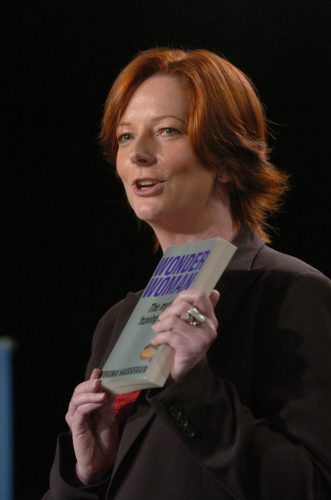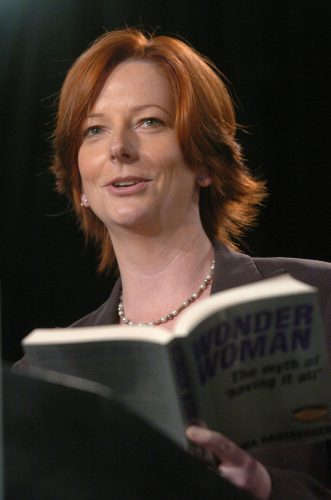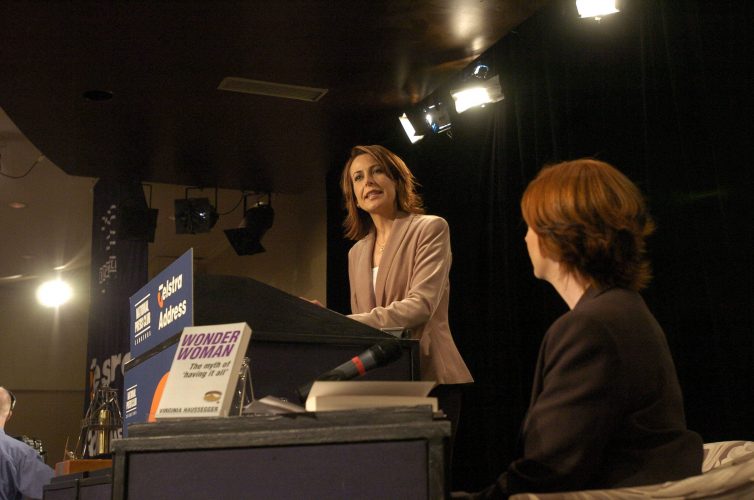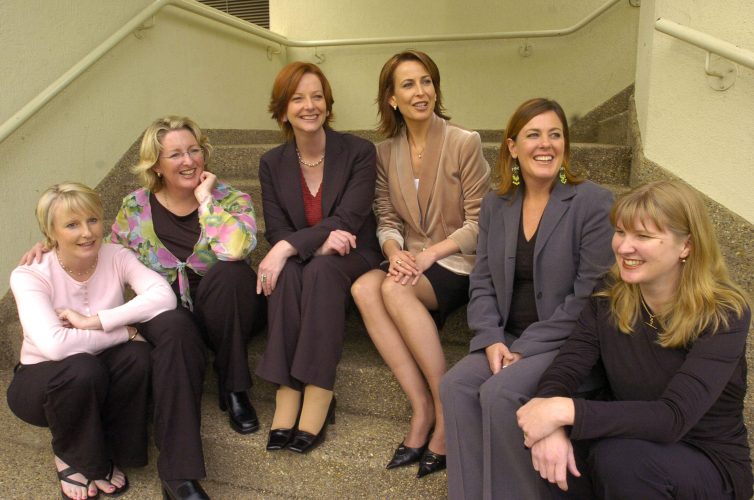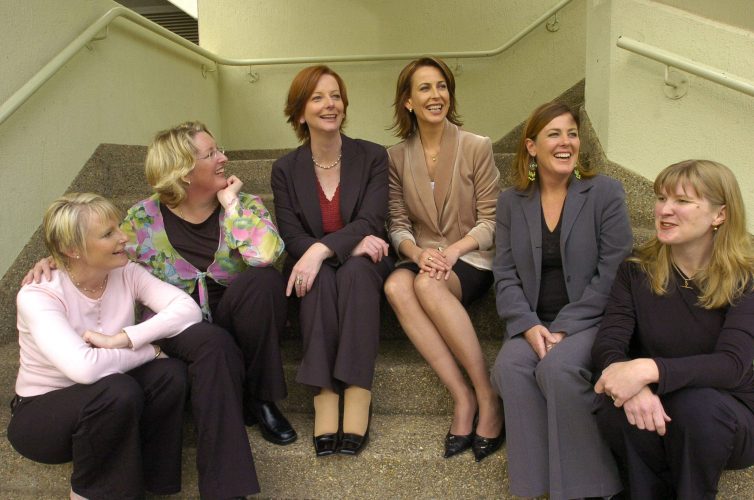One of Afghanistan’s leading women’s rights activists, Sitara Achakzai, was booked to fly out of Kabul last Friday, to visit her ageing mother in Canada. But she didn’t make it.
The day before I left Afghanistan two weeks ago, Sitara was gunned down in the street, in broad daylight.
That’s the Taliban for you. A Taliban spokesperson, Qari Yousef Ahmedi, proudly claimed responsibility for the attack, and pointed to pictures of Sitara’s dead body on television as a warning – to all women.
Right now, as the Taliban creep closer and closer to Kabul, there are two key planks to their strategy for seizing control of Afghanistan. The first is overt and obvious – kill all infidels. The second is more covert, but just as important – stop the rise of women.
The Taliban are terrified of strong women. Their long list of recent assassinations of high-profile women – politicians, a police chief, journalists, and a television broadcaster – is proof of that. Segregation and oppression of women is clearly integral to Taliban success. That’s why draconian laws such as no education, no paid work, no contact with any men other than relatives, and no leaving the home without permission, were strictly imposed upon women during the Taliban regime, right up to late 2001.
A lot has changed in Afghanistan since then. But plenty hasn’t. President Hamid Karzai’s recent endorsement of a law that effectively allows rape within marriage, and bans Shi’ite women from stepping outside their house, is a reminder of how quickly hard-won gains can be snatched back.
In the past few months a number of Afghan women have expressed a rising panic about a possible return to those dark days of oppression. And they have good reason to be afraid.
As the US and NATO forces have become increasingly exasperated by the war in Afghanistan, and the impossibility of victory, they’ve invited a growing band of so-called ”moderate” Taliban to the international negotiating table. While on the surface that may look like an effort to broker peace, it in fact sounds a death knell to the most powerless people of Afghanistan – the women.
Meena knows there is no such thing as a ”moderate” Taliban. To her mind all Taliban have a hateful contempt for women, and they always will. Imprisoned, brutally abused and forced to bear four children to a low-level Taliban leader in Kandahar, Meena has no trust and no faith in anyone who deals with Taliban. I met this gentle, shy woman at Hope House in Kabul: a beautifully calm place of refuge for widows, and a home to orphans. It’s run by the Australian charity Mahboba’s Promise, and its founder Mahboba Rawi translated Meena’s story to me through a flood of tears and gasps of shock.
With her infant baby snatched from her arms, Meena was forced to walk for days from Kabul to Kandahar to beg for the return of her son. Finally there, she watched in horror as four Taliban soldiers threw her baby in the air like a football, teasing her to jump and catch him. Eventually they hung the baby on a post out of her reach.
She’s not sure how many years she was kept imprisoned in the Taliban leader’s home, as she had no contact with the outside world. But during that time she was repeatedly raped, while chained and whipped. Each child she bore felt like a Taliban curse, but she resolved to try to love her babies nevertheless.
Meena’s repeated attempts to escape were thwarted, and followed by the most despicable and inhumane forms of punishment and degradation. It would seem her captors, the Taliban, thrive on filthy forms of humiliation. Which I guess is not surprising, given they used to stone and behead women in front of crowds, as a form of entertainment.
When Meena finally did manage to flee the house in which she’d been imprisoned, Afghanistan had changed. The Taliban had lost control of the capital and international forces had moved in. It was 2004. Now that Meena has found her way back to Kabul, and through the gates of Hope House, you get the sense she never wants to leave. So when you tell a woman like this that Taliban soldiers are only 20 kilometres from the city, and that some Taliban leaders are ”in negotiation” with the US, while others have infiltrated every level of Afghanistan’s corrupt Government, she gives you the thousand-yard stare. It’s as if she knows that this short period of calm was destined to be fleeting.
The women of Afghanistan are among the most powerless in the world. Yet they’re far from weak. Meena and the hundreds of thousands like her are proof of an extraordinary resilience. But how much thrashing can they take? That tiny minority of women who are educated, wealthy and have family links to the outside world would be well-advised to leave right now. And word is that they are.
But for women like Meena, there is no such choice. Their only hope is the complete annihilation of all Taliban – ”moderates” included – with no negotiation and with no compromise.

